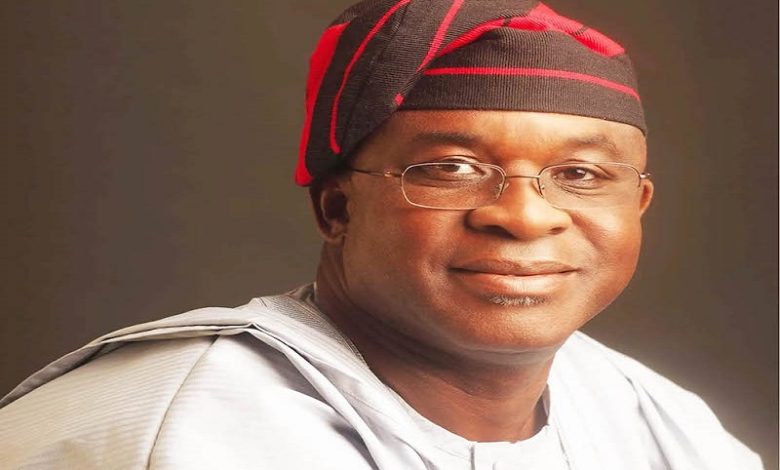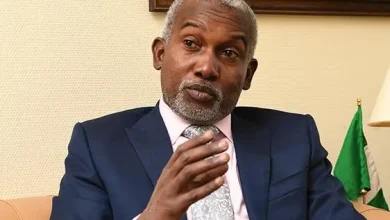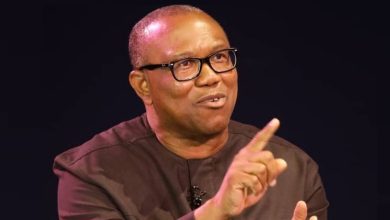Wike Discloses Why David Mark Was Not Accepted as PDP National Chairman

Nyesom Wike, Minister of the Federal Capital Territory (FCT), has explained why he and other interested parties opposed proposals to appoint former Senate President David Mark as the PDP’s national chairman.
Wike, a former governor of Rivers State, stated in a media talk on Monday that he opposed calls to appoint David Mark as the opposition party’s national leader.
“Let me tell you something,” he said. David Mark was under pressure to be the PDP’s national chairman when we began to have problems with the position in North-Central. We resisted.
Wike responded, “Why not?” when asked why he turned down Mark. What is he going to contribute to the celebration?
Questioning Mark’s impact as Senate President, the Minister said holding a position is not enough without tangible contributions to national development, stressing that he would rather support a fresh face with genuine reformist intentions than career politicians with long tenures but little track record of impact.
He said: “He has been a Senate President in the party for 8 years. What are the things that happened? What is the improvement?” Wike asked rhetorically.
“I have told you here, I prefer somebody who has not had any position, who has come to tell me that, ‘Look, I am doing this because I want to help with change, to achieve this and that.’”
Read Also: Odidiomo Declares Unwavering Support for Oyekunle Ahead of Ibadan North Poll
“I will not listen to anybody who has been in power for years, who has refused to contribute anything to the development of the country, and now you come to tell me this story that, ‘Look, we need to rescue this country.’ You were there, the country was sinking, did you rescue it?” Wike queried.





